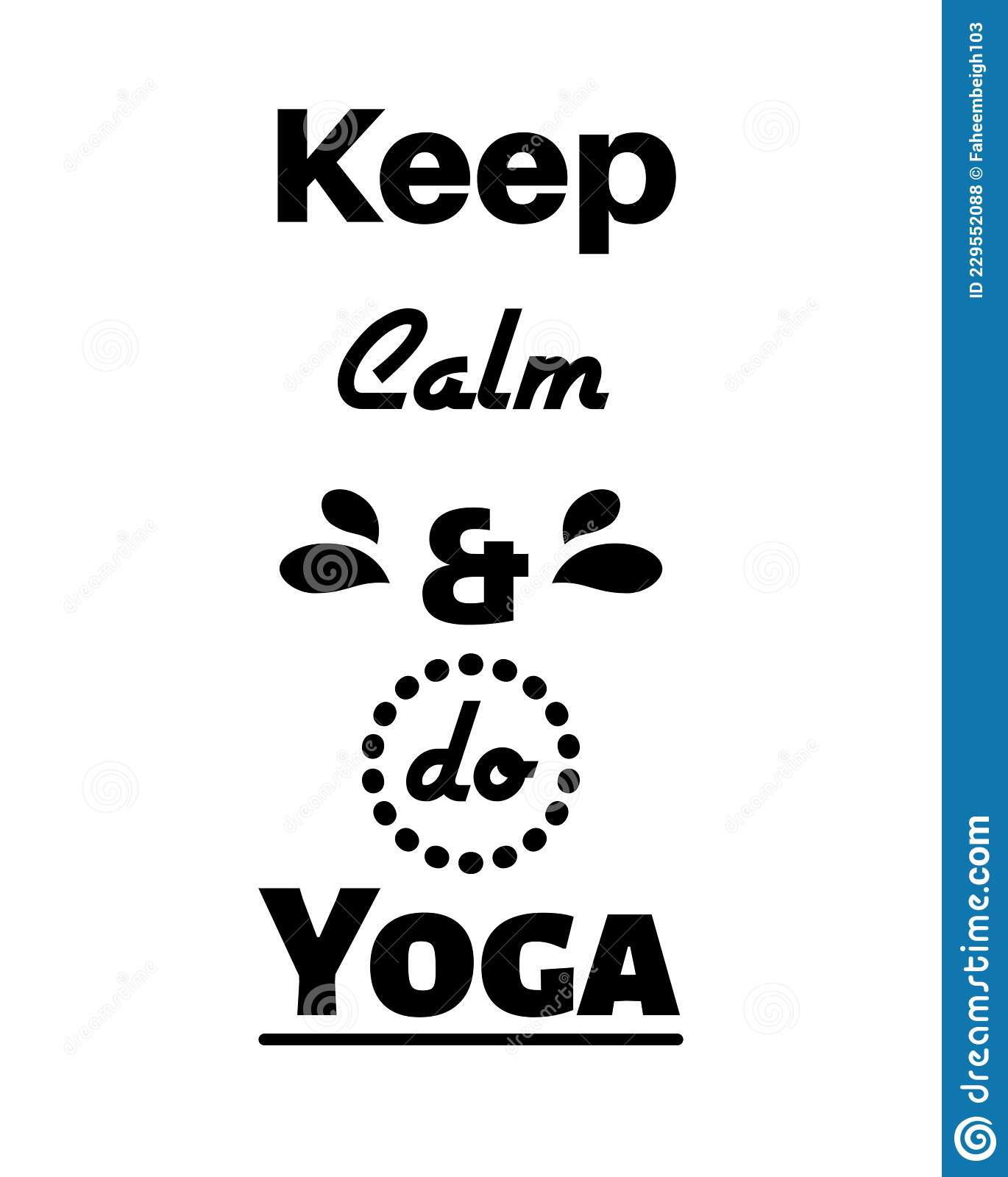
It can be difficult to grasp the anatomy of yoga poses. This is why it's so important to practice with the body in your mind. While most people attribute their limitations to tight muscles, it is actually compression that is the main culprit. Though it may seem intimidating, it is more common than you might think, and you may not have a problem with it. For those who want to reap the benefits, it is important to learn the anatomy of yoga postures. In this article, you will learn the details that will make your poses easier to do.
Yoga poses' anatomy is heavily dependent on the muscles. The hamstrings, in general, are responsible for knee extension or flexion. They are located at the pelvic floor and run down to the elbow. Hip extension and hip flexion are key components of yoga. There are a few common variations of the Hamstrings. Before you can practice any yoga poses, you need to know what ones you have.

The hamstrings are the muscles that are responsible for the extension of the knee. They are located between the iliac spine, the femur, and insert onto the posterior calcaneus. The hamstrings are therefore essential for many types and styles of yoga poses. Gastrocnemius, however, is located in the medial and the lateral condyles. It is responsible for plantarflexion of the foot.
As I mentioned, not all human bodies are the same. The yoga world may want you to believe otherwise but every body is different and each one will do different poses. Whether you're a woman or a man, there are certain differences in the anatomy that can affect your ability to achieve the desired results in any yoga pose. It is important to understand your unique anatomy in order to practice yoga properly.
You should know how your body works, not only yoga poses. You should be familiar with the three basic types of muscles, which are referred to as the adducted and elongated parts. You need to be familiar with the differences between abduction or flexion as well as how your body moves through each. If you are new to yoga, consult your instructor before beginning a class.

Each person's unique body is unlike the photos of yogis. This means that you cannot achieve the same yoga poses with the same body as someone else. You can start by looking at photos of hundreds of yoga poses, with the correct anatomy. But it is not enough. It is essential to learn the physiology and safety of yoga before you can practice it safely. You should be able to perform a particular pose using an exercise video.
FAQ
Egg is good for you?
The egg is rich in all nutrients needed by the human body. It also helps maintain strong bones, a healthy heart and lungs, and stable blood pressure.
Eggs are rich in protein, vitamin A, B12 and D,E,K, as well as vitamins A,B12 and D,E,K, calcium, iron, phosphorus, manganese, copper, magnesium, and riboflavin.
The cholesterol content of egg yolks is high. However, the egg yolk is low in cholesterol. Eggs are lower in saturated fat than other foods.
In addition, they are low in sodium and calories. They can also be prepared in many different ways. You can cook them in many ways, including poaching, boiling, hard-boiling, baking, and scramble.
They are extremely nutritious and simple to prepare.
At least two whole eggs should be consumed each day. If you dislike eating eggs, you should add them to your diet.
Eggs are a good source of essential nutrients for our bodies. Try adding them to your daily diet today.
Do I have to do it every day?
No! You should do at least 30 mins of moderate-intensity activity 5 days per week. This could be walking fast enough so you feel slightly out breath or cycling hard enough to sweat.
Is Cardio Better Than Strength Training?
Both are equally beneficial. But cardio is a much better choice if you want to gain muscles faster.
Cardio burns more calories in a minute than strength training and more fat.
Although strength training can increase muscle mass, it is more difficult than cardio to do so.
Statistics
- 10 pounds in a month is likely during a lean bulking phase, especially for beginners. (muscleandstrength.com)
- Are You One of the 20% of Guys (mh.co.za)
- The PRS enabled risk stratification for overall prostate cancer and lethal disease with a four-fold difference between men in the highest and lowest quartiles (HR, 4.32; 95% confidence interval [CI], 3.16-5.89). (pubmed.ncbi.nlm.nih.gov)
- According to the American Heart Association, blood pressure should be checked at least once every two years, beginning at age 20. (my.clevelandclinic.org)
- By John Thompson Take a whopping 38% off a set of PowerBlock Pros. (menshealth.com)
External Links
How To
How to Eat Well For Men?
Smaller meals are better than three large meals spread out over the course of the day. A smaller meal means you spend less time digesting the food. You'll be less likely not to overeat later.
Avoid snacks before bedtime. Snacking late at night causes you to wake up hungry and overeat the following day.
Consider having a light snack one hour before bed.
Avoid "snack attacks," which are when you reach for something to eat at any moment you feel hungry. This is especially harmful if you are already overweight.
You should ensure that your meals are balanced. Don't skip breakfast. Make sure to eat healthy lunches and dinners.
You can cut down on calories if you have trouble losing weight.
You should cut down on alcohol, caffeine, or nicotine. Both can have a negative impact on how your body processes nutrients.
Get enough sleep. Sleep deprivation makes people crave junk food.
Exercise regularly. Regular exercise can improve your mood and boost energy levels. It also burns more calories.
Take care to your mental health. Stress can lead to overeating and weight gain.
Relax. Meditation and yoga can help relieve stress and anxiety.
Keep track everything you eat. Note everything that you put in your mouth.
Supplements are important! The majority of men don’t get enough vitamins, minerals and nutrients to remain healthy.
Daily multivitamin intake is recommended. A daily multivitamin can prevent deficiencies in certain key vitamins and minerals.
Consider taking vitamin C supplements. It keeps your immune system strong, and helps to prevent scurvy.
Zinc can be added to your diet. Impotence can result from zinc deficiency.
Get enough water. Limit your fluid intake to 1.5 liters daily (about 4 cups).
Limit salt. Reduce salt intake.
Avoid trans fats. Trans fat has been linked to higher obesity, diabetes, and heart disease rates.
Best male enhancement pills for 2018 - Best Male Enhancement Pills Reviews
There are many male enhancement options available. While some work well, others are not as effective. This article aims to give you some information about the best male enhancement pills that actually work.